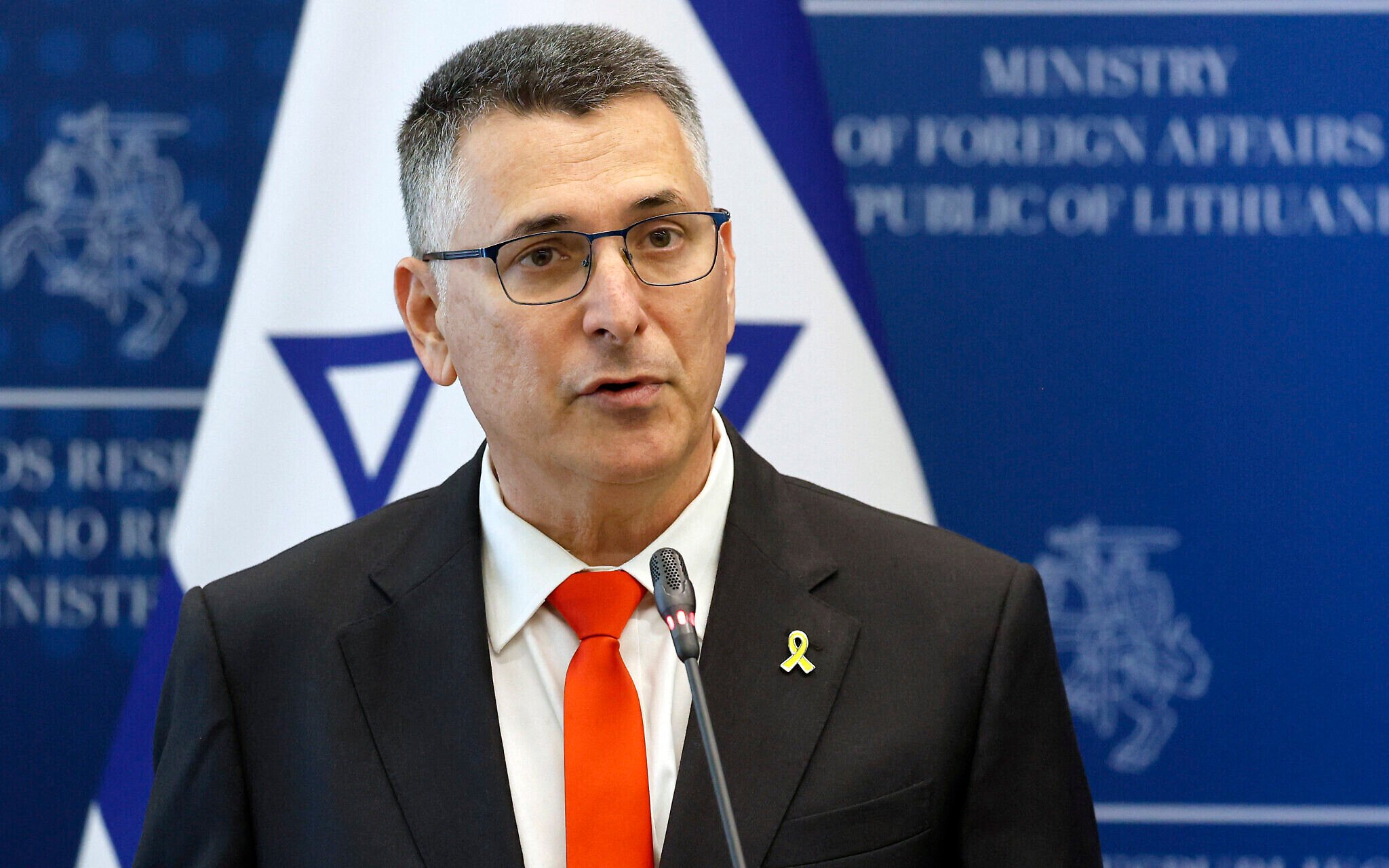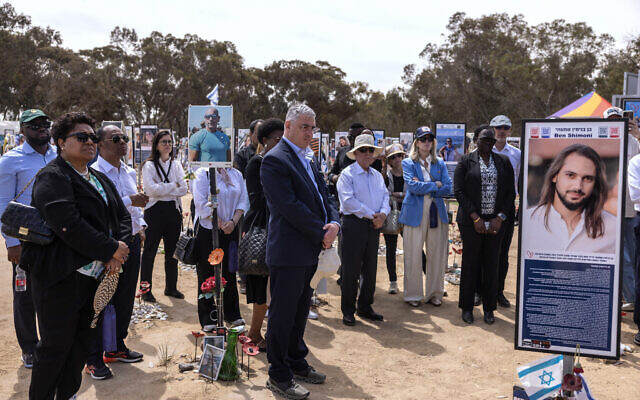


The Foreign Ministry is pulling funding from much of its programming for the rest of the year, according to an internal cable sent by the ministry’s director-general, Eden Bar Tal, to missions around the world.
The only programs that are safe are those that are already under contract, according to the cable, which was obtained by The Times of Israel. Funding for commemorations of the October 7, 2023, attack across the globe is reportedly on the chopping block as well.
The Foreign Ministry said it is still engaged in “unprecedented large-scale projects,” including bringing hundreds of delegations to Israel, and a source in the perpetually cash-strapped ministry said a similar process takes place annually.
But the announcement comes at a time when Israel is immersed in a chronic crisis over its international standing, with allies and adversaries alike castigating the Gaza war, which is nearing the two-year mark. The Ynet outlet quoted anonymous ministry officials describing the announcement as a “death blow for public diplomacy.”
The cable said funding will be withdrawn from all planned activities for which contracts have yet to be signed. The decision affects all events and campaigns through the end of the year.
“At the instruction of the director-general, and to pool available budgets according to the established priorities, funding will be discontinued for activities at headquarters and in the delegations for which no signed agreement exists,” Bar Tal wrote last week in the cable.
“This means that starting Thursday, September 11, no budgets will be available in the various units for activities that have not reached the implementation stage, even if they appear in the work plan,” he added. “Please prepare accordingly and ensure that any budgeted activity meets the contractual requirements.”

He noted that missions may apply for exceptions, and that despite the nixing of funding for October 7 commemorations, diplomats could ask for a budget to show a government-compiled video of Hamas atrocities from the day of the attack “to a relevant audience with significant public impact.”
The announcement was especially jarring, after Foreign Minister Gideon Sa’ar had obtained a budget of NIS 545 million ($163 million) specifically for public diplomacy.
“This is the first time the director-general of the ministry is getting involved so blatantly because of financial mismanagement,” Ynet quoted an anonymous source as saying. “There’s half a billion shekels for public diplomacy, and only a quarter has been used. They didn’t manage these funds correctly.”
But a diplomatic source told The Times of Israel that a similar process occurs every year at the start of the fourth quarter, when budgets are shifted to priority initiatives and projects that are more advanced in their planning.
The ministry said in a statement the funds are going toward a series of large projects such as delegations.

It said the initiatives range from a delegation of US officials to another from Germany to unspecified digital pro-Israel campaigns reaching hundreds of millions of users. It added that it is still lobbying for more operating funds.
“Naturally, not all projects can receive full funding, so the embassies have been asked to submit requests for continued activity, which will be prioritized according to diplomatic importance and the maturity of the project,” the statement said. “This is to ensure that the projects providing the greatest benefit to the State of Israel will be carried out.”
But anonymous sources told Ynet that the cable was a slap in the face to local diplomats who feel sidelined, and who will now be forced to tell partners that previously scheduled programs must be canceled.
“They’re pulling funding from everybody,” an anonymous quote said. “This has never been done before… They’re hurting the handful of friends we have left.”

